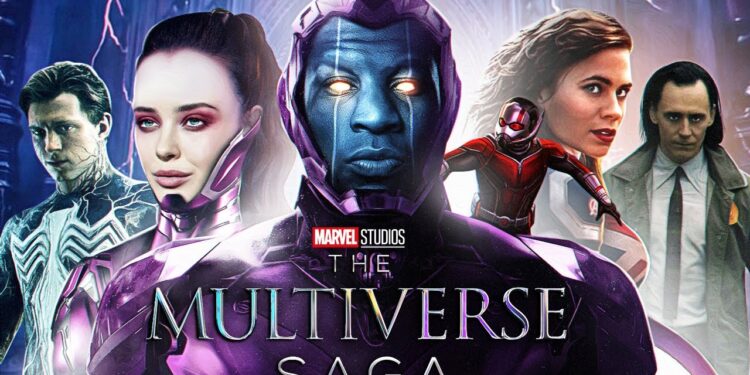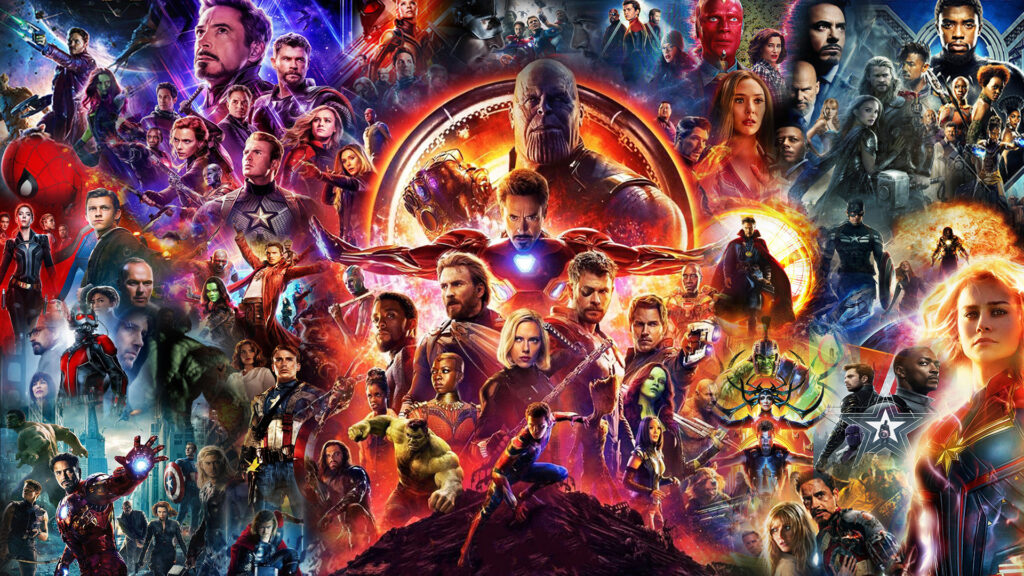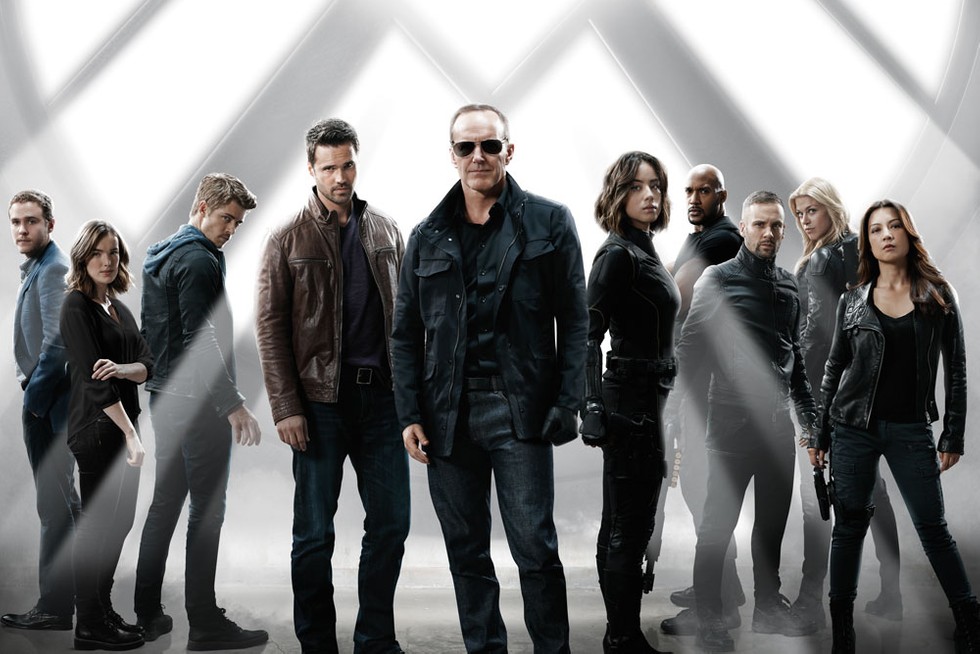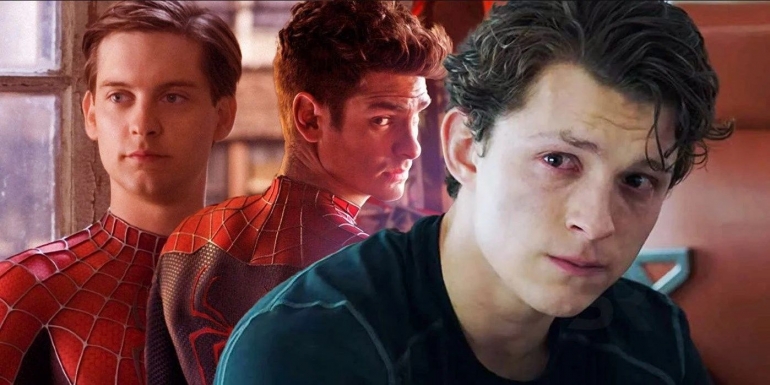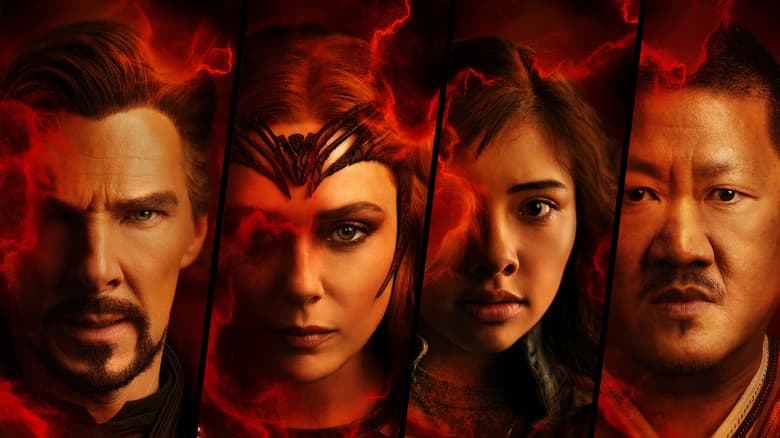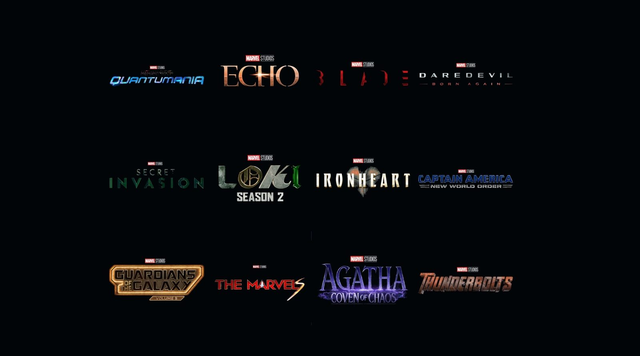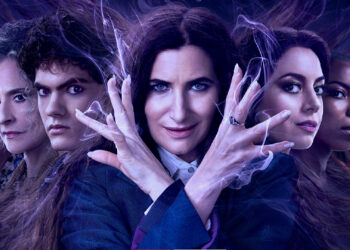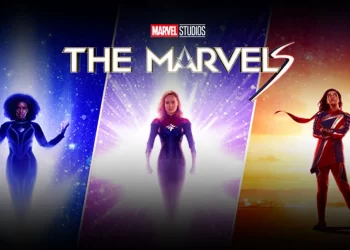By Keith Richards
***CONTAINS SPOILERS***
The Multiverse Saga is here. The Infinity Saga is done. That’s not necessarily a bad thing. Now that I have your attention. We are currently in the middle of the Multiverse Saga with the release of Ant-Man and the Wasp: Quantumania. Thus far, it doesn’t feel like many people like or understand this new saga.
Furthermore, it does not seem like many realize just how deep into the Multiverse Saga we are. That’s why I’m here! Let’s talk about it. Let’s discuss the lead-up to the Multiverse Saga, where it stands now, and what it means moving forward.
First, it’s important to state the importance of the Infinity Saga. Without the Infinity Saga, there would be no Multiverse Saga. As far as collections go, it’s arguably one of the greatest collection of movies in cinematic history (with a couple of great shows as well). From Iron Man to Spider-Man: Far From Home, it was as close to perfect as you will get. That saga ended, though, in 2019 with the release of Far From Home.
For sure, the Infinity Saga remains the crown jewel of the MCU. That said, that doesn’t mean the Multiverse Saga hasn’t produced good movies and/or shows. In fact, the Multivere Saga and concept have their roots in the Infinity Saga. The Multiverse Saga foundation is first laid back in 2016 in Doctor Strange.
When Stephen Strange first meets the Ancient One, she sends him on a journey through the multiverse to open his mind. The multiverse story is then blown wide open in Avengers: Endgame. When the Avengers enter the quantum realm and travel back in time, the importance of returning the Infinity Stones to their original timelines is made clear. Doing so would prevent creating alternate timelines or paradoxes. Without mentioning it, the Multiverse Saga begins here.
Agents of S.H.I.E.L.D. explores this further in Season Six. Agent Phil Coulson passes away but someone returns that looks like him and shares his DNA: Pachakutiq. Pachakutiq can traverse the multiverse, which is a key element of the Multiverse Saga. Also, Leopold Fitz returns after his death in Season Five due to his existence in the current timeline, though he died in a previous one. The Multiverse Saga is touched on again in Far From Home shortly after the release of AOS Season Six.
In Far From Home, Quentin Beck (aka Mysterio) is introduced as a being from a different universe, which turned out not to be true. Still, the multiverse concept exists. Season Seven of AOS exclusively deals with the multiverse. The Chronicoms seek to wipe S.H.I.E.L.D from existence by bouncing around timelines to change the course of history.
Agent Fitz would later explain that while they did affect multiple timelines, their original timeline still existed. So, as long as they made it back to their timeline, what happened in the others did not matter. In a nutshell, that’s the origins of the Multiverse Saga. Now, let’s discuss the Multiverse Saga to date.
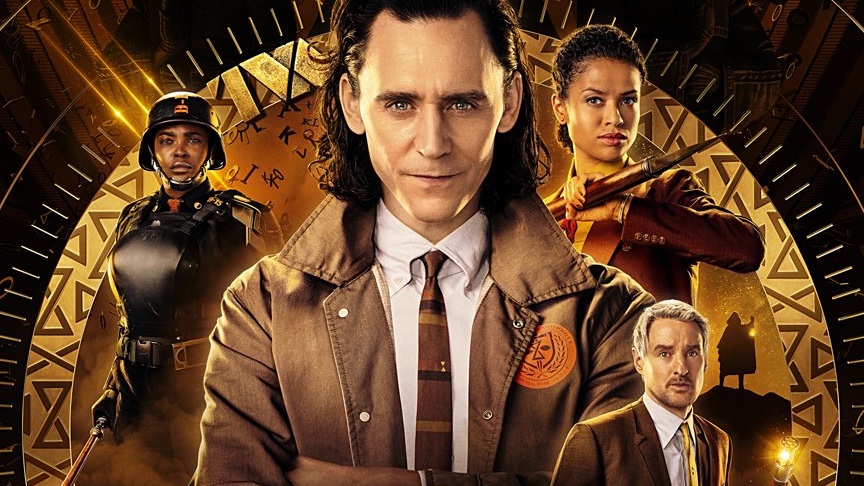
While Shang-Chi, Black Widow, and Eternals were the first releases of Phase Four (the first phase of the Multiverse Saga), the heart of the Multiverse Saga takes off in Loki Season One. Loki picks up where we last see Loki: Escaping with the Tesseract. He’s immediately picked up by the Time Variance Authority. As the season progresses, we discover more versions of Loki (variants).
In the end, Loki works with Sylvie (another variant of himself) to destroy He Who Remains. He Who Remains is the creator of the TVA. He is portrayed by Jonathan Majors and claims to have ended a multiverse war between variants of himself to protect the Sacred Timeline. When Sylvie kills He Who Remains, Loki sees a statue of Kang the Conqueror, which is revealed to be a variant of He Who Remains and is a mischievous time-traveling variant.
The Multiverse Saga continues with Spider-Man: No Way Home. No Way Home takes place immediately after Far From Home. When Mysterio reveals Spiderman to be Peter Parker, his life turns to chaos. More importantly to Peter, the lives of those he loves are in chaos as well. Parker seeks out Doctor Strange for help. His goal is to have the world forget that he’s Spiderman.
Stephen has a spell but the spell would make everyone forget he’s Spiderman. Not just Strange, but MJ, Ned, Happy, and Aunt May. Hoping to eliminate this, Peter keeps adding names of people he wants to remember him, which causes Strange to damage the spell. After villains and other Spidermen from other universes breach theirs, Parker accepts his fate. Doctor Strange completes the spell as intended and everyone who knew Peter Parker as Spiderman forgets, which returns the others to their respective places in the multiverse.
Doctor Strange in the Multiverse of Madness is the next release of the Multiverse Saga. Multiverse of Madness takes place after the events of No Way Home and WandaVision. With Wanda now in possession of the Darkhold (see AOS Season Four), she seeks out America Chavez to traverse the multiverse at will. Wanda’s goal, now as the Scarlet Witch, is to be with Timmy and Tommy again; the children she mothers with Vision in WandaVision.
Strange, Chavez, and Wanda then travel the multiverse together. Stephen and America trying to stop Wanda, and the Scarlet Witch doing all she can to be with Timmy and Tommy again. In Multiverse of Madness, we see Captain Carter (Peggy Carter as Captain America), the Black Bolt, Maria Rambeau as Captain Marvel, and Professor Charles Xavier.
All these characters are not possible (to this point) without the concepts that the Multiverse Saga brings. In the end, Strange convinces Wanda to see the error of her ways. She sacrifices herself while destroying all copies of the Darkhol throughout the Multiverse. Doctor Strange, though, acquires the Third Eye through his work with the Darkhold, which may be an issue.
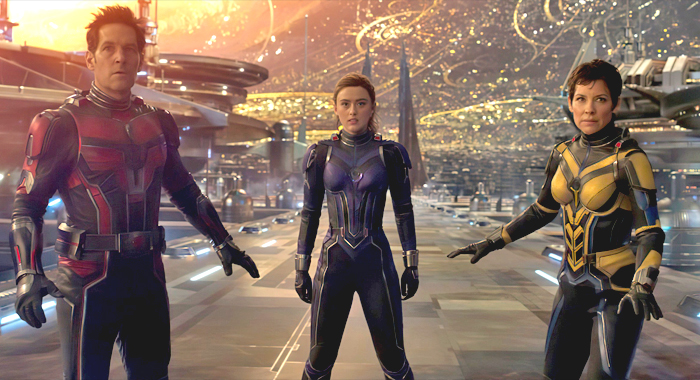
Ant-Man and the Wasp: Quantumania is the first film of Phase Five, which is the second phase of the Multiverse Saga. Jonathan Majors plays Kang the Conqueror, which is a continuation of his role as He Who Remains. Cassie Lang hurtles Scott, Hope, Hank, and Janet into the quantum realm as an unintended consequence of her work in the realm.
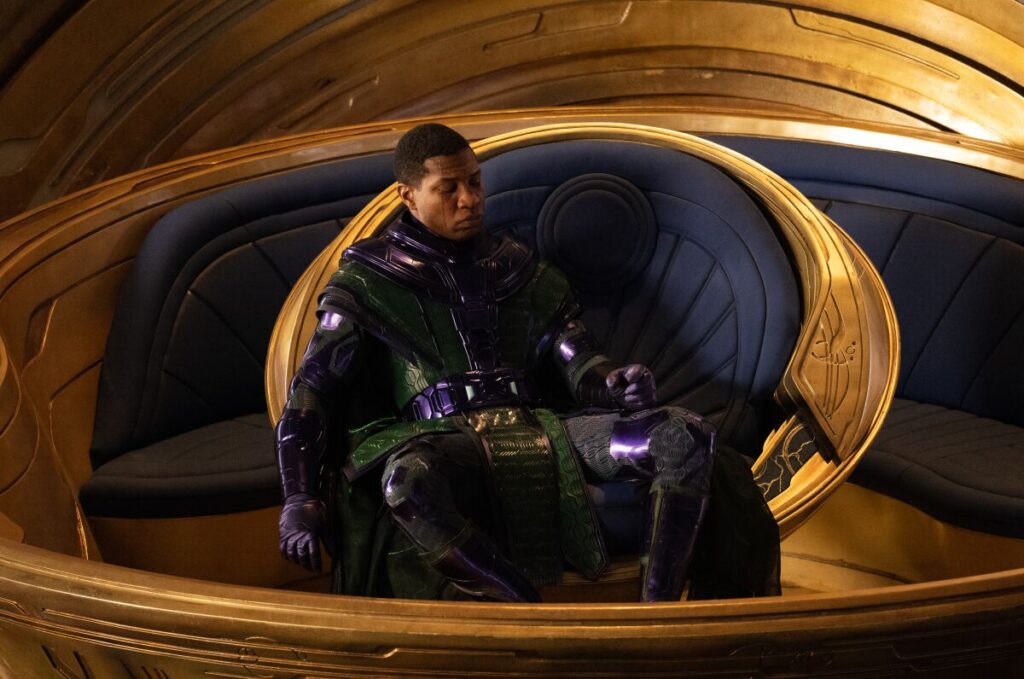
When they arrive, the group learns that Janet has been keeping secrets about her time in the quantum realm. By now, Kang has taken over and needs Pym particles to continue his quest of destroying all versions of himself throughout the multiverse. Scott and Hope are able to stop Kang, but we learn that other versions of Kang have gathered. They are pleased that the “exile” is destroyed but are not pleased that others are touching the multiverse.
Needless to say, the Multiverse Saga and its concepts are highly complex. It is a complete removal of what we’re used to with the Infinity Saga. I think that’s okay. The Infinity Saga was dreamt of as a Hollywood success. While it did please many of the diehard Marvel fans, it also appealed to the masses. That’s not what the Multiverse Saga is about.
While the Multiverse Saga does not intend to alienate the masses, it also seeks to dive deeply into the expansive universe that is Marvel. That means new characters, new stories, and a different feel than we’re used. While being slammed by the critics, that doesn’t mean the Multiverse Saga is bad. It’s just different. I, for one, like the uniqueness that the Multiverse Saga has introduced. I look forward to what’s next.
What do you think? What has the MCU done well with this new saga? Could they do anything differently? Let us know! Also, be sure to check out more of the new Team NBS Media!


 NFL
NFL